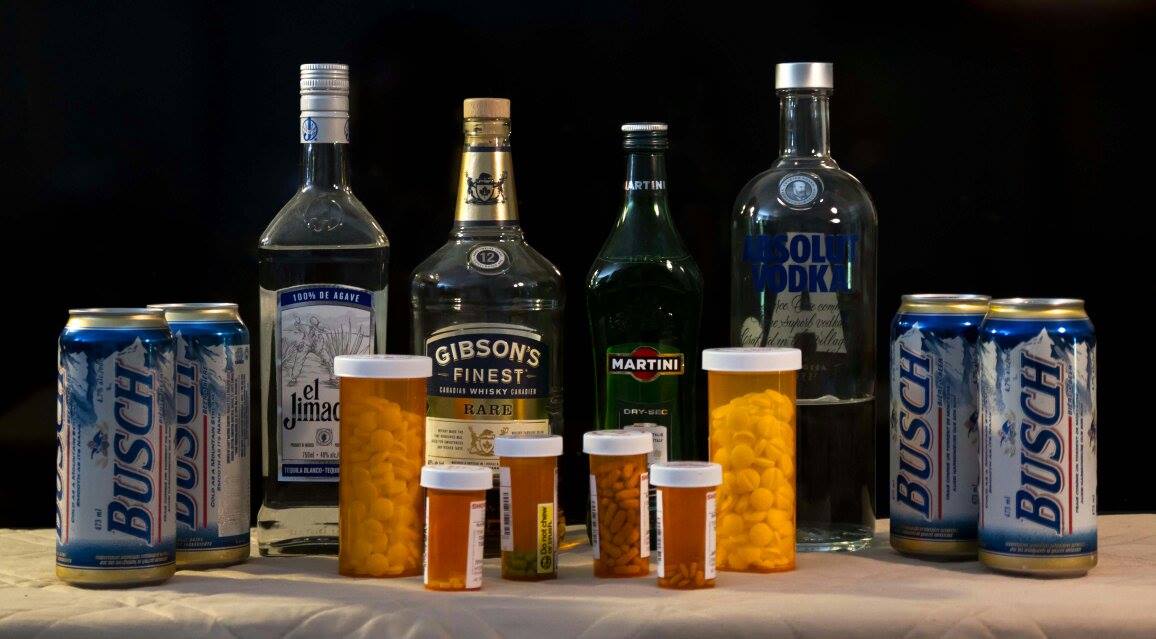Duloxetine Alcohol Interaction, What is Duloxetine

Duloxetine Alcohol interaction speaks to what is Duloxetine and side effects.
Duloxetine belongs to the family of drugs known as antidepressants which are called selective serotonin and norepinephrine reuptake inhibitors which work by affecting chemicals in the brain that may become unbalanced which cause depression. The drug is used to treat major depressive disorders and general anxiety disorders.
It is used to treat fibromyalgia which is a chronic pain disorder caused by nerve damage in people with diabetes. It is also used for chronic musculoskeletal pain caused by osteoarthritis and chronic lower back pain. It may also be used for other purposes.
It is suggested that you do not drink alcohol not even moderate drinking as it will increase the possibility of liver damage as well as impair your thinking and slow down your reaction time.
At this time the medical community defines moderate consumption of alcohol as no more than two drinks per day and no more than 14 drinks per week. Anything more than that is considered an unhealthy dependency on alcohol that may have adverse social, family and health consequences.
If a person drinks only once or twice a week but drinks on the same days each week and more than two drinks this is considered as an alcohol dependency.
If a person binge drinks at any time during the week this is also considered as alcoholism.
Some consider alcoholism as a disease while others consider it an addiction which is the result of personal choice and character fault. This school of thought blames the alcoholism on life style choices.
Personally I consider alcoholism a genetic tendency as I have seen families of alcoholics even when they live far apart. These unfortunate people are probably dependent on alcohol from the first drink.
When alcohol interacts with prescription over the counter drugs it usually results in negative health effects most especially liver damage as the main organ affected.
Be aware that antidepressants can lead to suicidal thoughts especially if you are younger than 24 years old.
Before starting the drug advise your physician if you have liver or kidney disease, seizures or epilepsy, bleeding or blood clotting disorder, glaucoma, bipolar disorder, a history of drug abuse or suicidal tendencies.
Side Effects
Less serious side effects are dry mouth, drowsiness, tired feeling, mild nausea, loss of appetite or constipation.If these occur call your physician for advice.
Serious side effects are nausea, pain in your upper stomach, itching, loss of appetite, dark urine, clay colored stools, jaundice, fainting, agitation, hallucinations, fever, fast heart rate, overactive reflexes, stiff rigid muscles, high fever, sweating, confusion, fast or uneven heartbeats, tremors, bruising, bleeding, painfull, difficulty urination, headache, trouble concentrating, memory problems, weakness, unsteady, loss of coordination, seizure, shallow breathing or breathing that stops and starts. If these occur get emergency medical help.
This site serves as an information source only and does not dispense medical advice or any other kind of advice. If you are seeking medical advice you are advised to consult your own physician.
Duloxetine Alcohol Duloxetine Alcohol
Return from Duloxetine Alcohol to home page
Hard copy and E book for sale. What's Killing You and What You Can Do About It. Click here.
Hard copy and E book for sale. Introduction to Building Mechanical Systems. Click here.